After widespread protests and international condemnation, the country’s ruling party announced it was withdrawing a controversial “foreign agents” bill that its critics compared to a bill approved in a powerful neighboring country.
Thousands of protesters have taken to the streets of Tbilisi this week to express their outrage at the bill being passed in parliament, which ended in clashes with police in the capital Tbilisi.
This once again revealed the great division that exists between the authorities and that part of the population that wants to get closer to the European Union (EU).
This is a political divide that has become apparent earlier when the government of the country refused to take sides regarding the war in Ukraineand many Georgians sympathized with Kyiv, and some even went to fight against the Russian army.
On Wednesday night, thousands of Georgians again took to the streets in downtown Tbilisi to protest after Parliament approved in one of its chambers a controversial bill that critics say would curb freedom of the press and be used to stifle NGOs and other civil rights. organizations.
Riot police used water cannons and pepper spray to disperse protesters in front of the parliament building, with some in the crowd chanting “down with Russian laws”, citing the fact that the proposed bill has similarities with the legislation adopted in Russia several years ago under the government of Vladimir Putin.
But this dispute is just the latest chapter in a wider struggle over the direction of the country between those who advocate closer ties with the EU and those who want closer ties with Moscow.
What is the Foreign Agents Act?
The controversial proposal required the inclusion of all NGOs and media outlets that receive more than 20% of their funding from abroad. in a special register and submit an annual financial report. Failure to provide such a statement, according to the law, will be punished by a fine of $ 9,500.
Georgia’s Justice Ministry said the move would help expose “agents of foreign influence” in the country. Proponents of the law have argued that the US has similar legislation: the Foreign Agents Registration Act (FARA).
Opponents of the law see it as an attempt to mimic Russian crackdowns on free speech and a sign that Moscow’s influence is growing. In fact, they see the law as a serious obstacle to Georgia’s chances of joining the EU.
Georgia’s current ruling party, Georgian Dream, has had a majority in parliament for more than a decade. Although in theory he supports the rapprochement of Georgia with the EU and its valuesin practice, he is also a friend of Russia.
Many argue that this is a choice born of pragmatism, necessary due to the recent history of the country.
past trauma
The former Soviet republic of Georgia became independent in 1991 but experienced a period of internal instability for much of the next decade, during which the Abkhaz region declared its independence.
Tbilisi says separatist region was occupied by Russia and has been busy ever since.
In the 2000s and 2010s, Georgia opened up its economy to foreign investment and tried to rid itself of corruption and move closer to the EU and NATO.
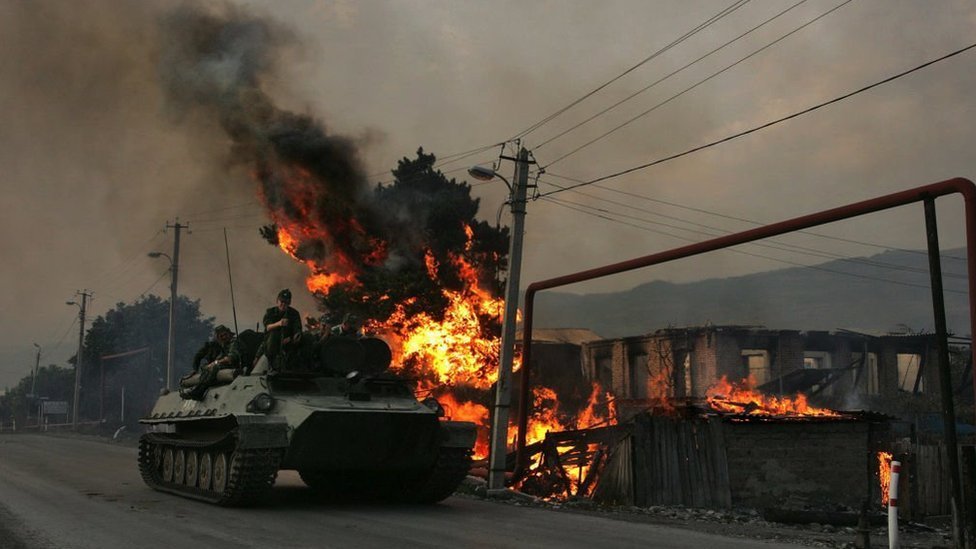
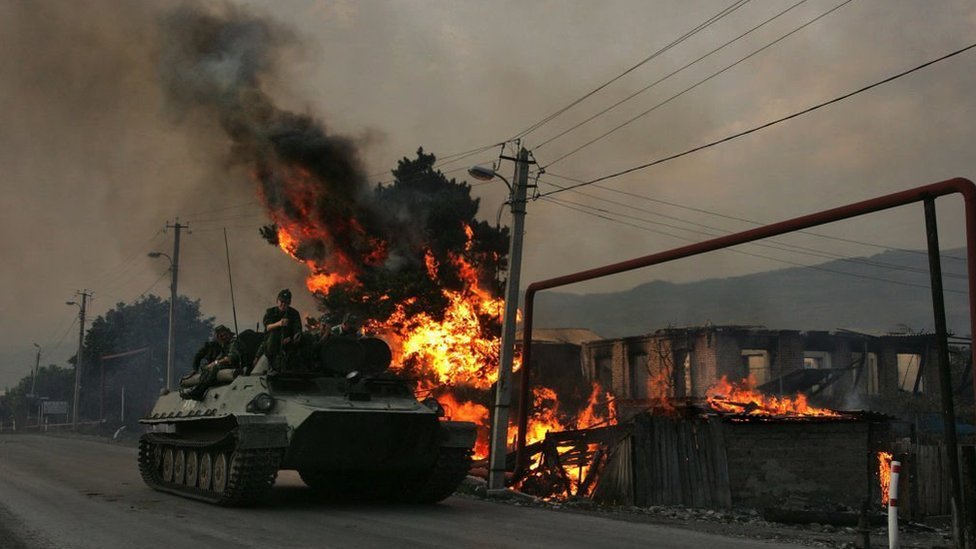

In 2008, after a five-day war, Russian troops occupied another Georgian region, South Ossetia, a small mountainous region northwest of the capital.
Later, the region also declared its independence, which was recognized by a handful of countries, including Russia itself, as well as Syria and Venezuela. South Ossetia is still under Russian occupation.
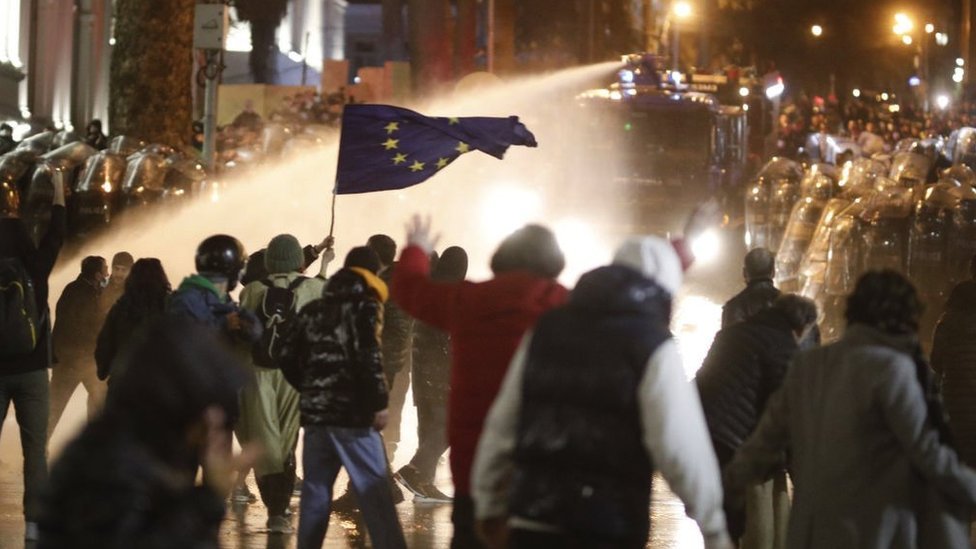
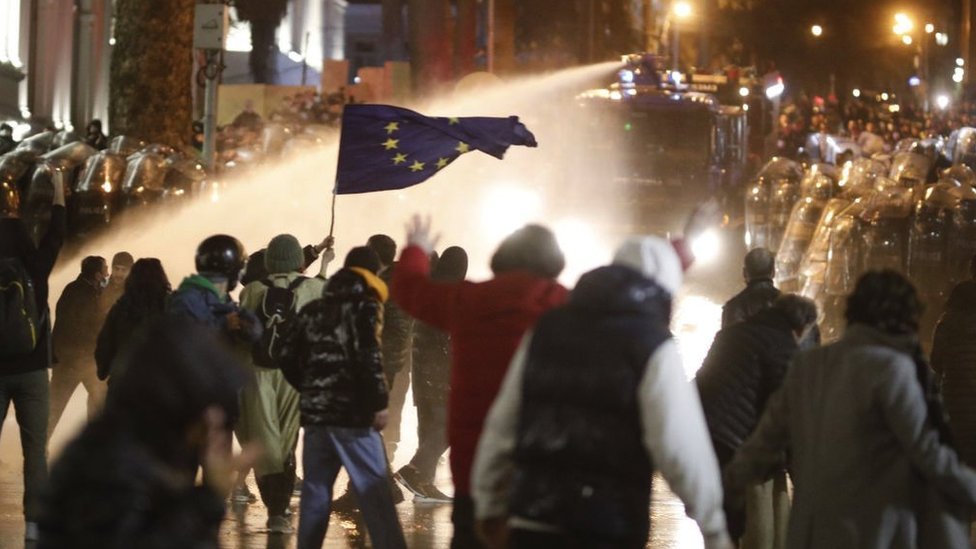

Most Georgians do not want further conflict and, according to public opinion polls, most would also like a peaceful solution to the problem of South Ossetia and Abkhazia.
War in Ukraine and internal divisions
The government’s refusal to openly support Ukraine or impose sanctions on Moscow after a full-scale invasion in February 2022 angered many Georgianswho see Russian aggression in this conflict.
This neutrality is underscored by the government’s giant illuminated “Tbilisi: City of Peace” screen, but contrasts with the fact that many Georgians have volunteered to fight as part of a foreign legion alongside Ukrainian forces against the Russian army.
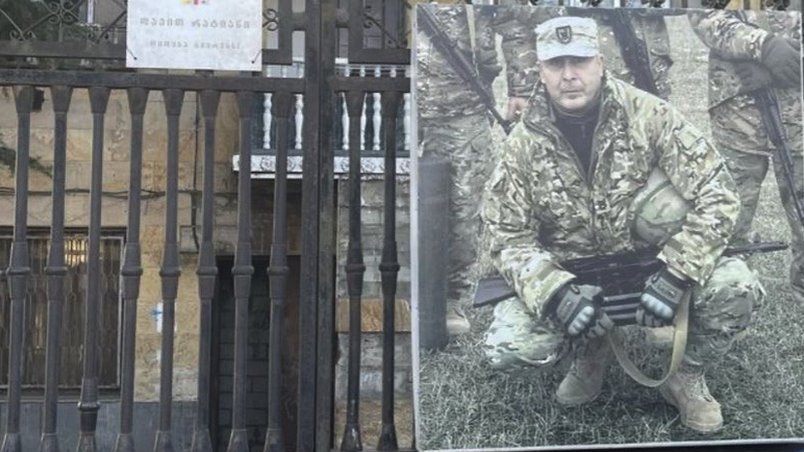
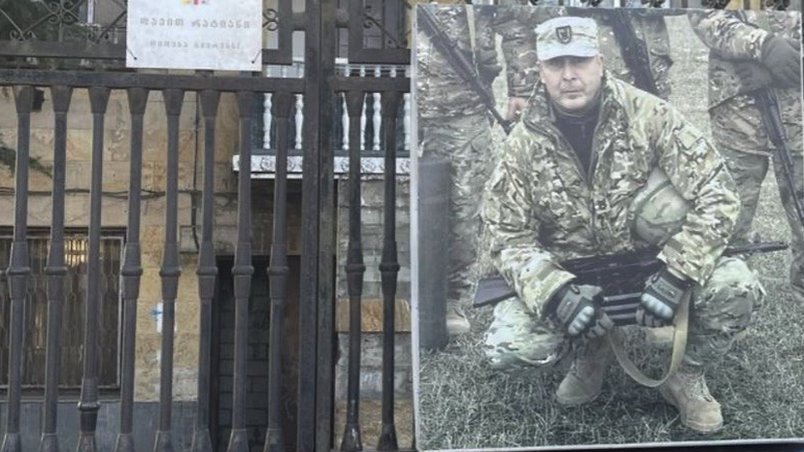

One such fighter was David Ratiani, a former military officer who fought in Abkhazia and later served with the Georgian contingent of the NATO-led mission in Afghanistan.
When the full-scale Russian invasion of Ukraine began, the 52-year-old father of three went to fight in Ukraine. There he died in battle.
The exact number of Georgians fighting in Ukraine is not known, but it is believed that there are several hundred. Dozens died on the battlefield.
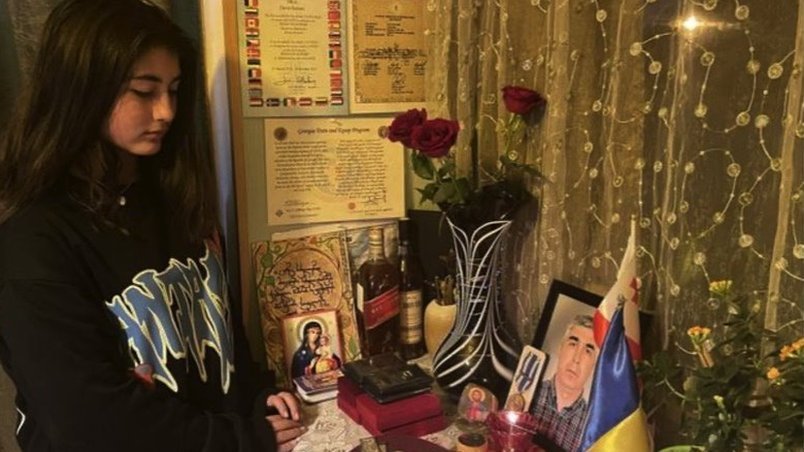
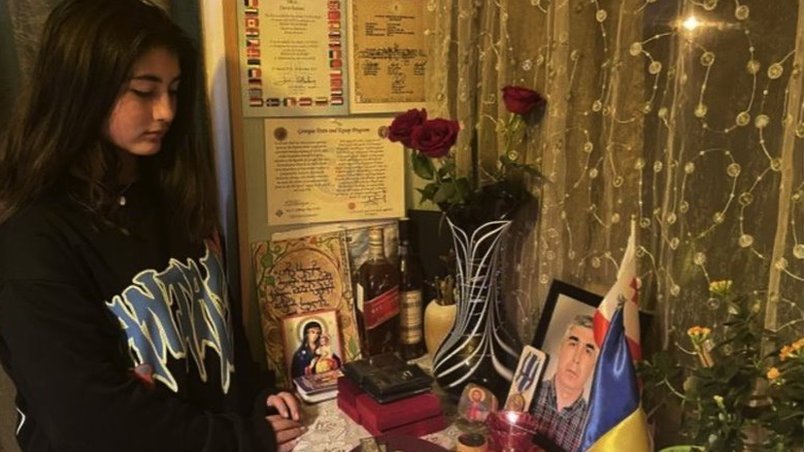

David Ratiani’s widow, Iya, says her husband was convinced that Joining the cause of Ukraine was the right decision.
“He told me he was doing this for our children so they wouldn’t have to take up arms when they grew up and so they could live in a better country. He said that our country would be better off if Ukraine won this war and that he should help Ukraine.”
The authorities in Tbilisi tried to prevent the departure of Georgian volunteers to Ukraine, stating that this would lead the country directly into conflict. Eventually, many made it to Ukraine, but Tbilisi distanced itself from these militants.
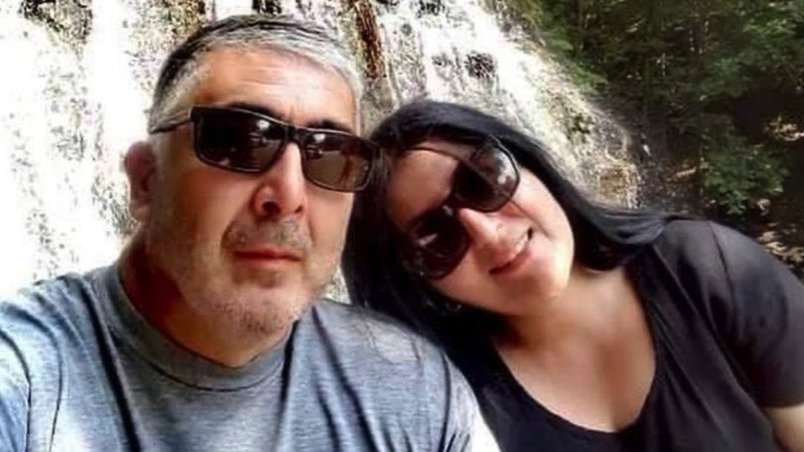
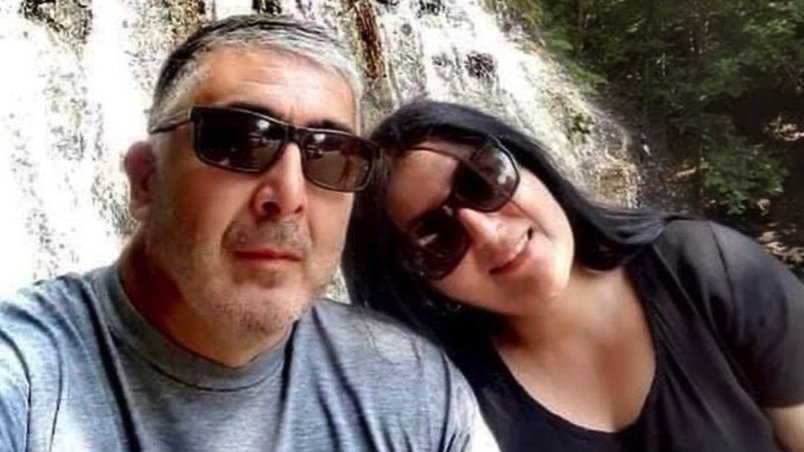

Iya says that her last conversation with her husband was on March 16 last year. They were able to talk via video link. She even tried on a new dress, and her husband complimented her on how well red suits her.
I saw that he was excited and tense. He told her how surprised he was when he entered the Ukrainian house, recently abandoned by its inhabitants, who had to give up everything to flee the fighting.
“Tell me: “This is Georgian history repeating itself in Ukraine”referring to the Georgians who fought against Russian troops in Abkhazia in the 1990s,” recalls Iya.
War and Peace
On the first anniversary of the Russian invasion of Ukraine, the Georgian government called for calm, saying its stance was dictated by a desire to “keep the peace.” He also expressed concern that there are those who want to spread the conflict to Georgia.
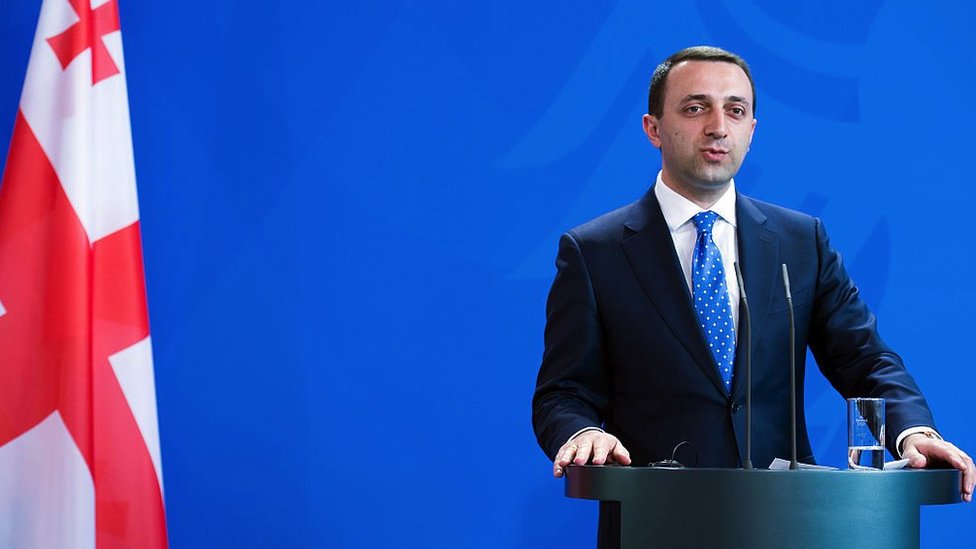
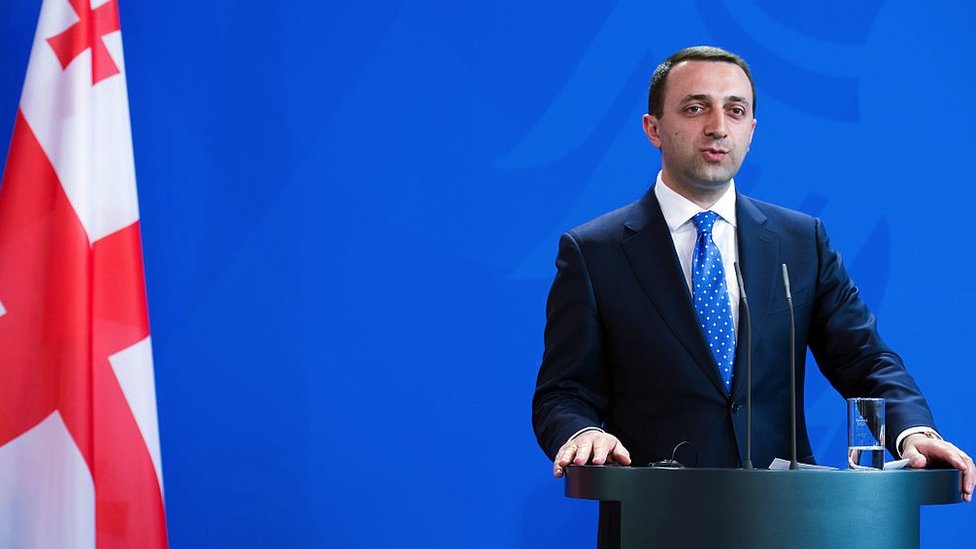

“We are the government that prevented Georgia from becoming another theater of war and prevented provocations. If there was a more destructive force in power, most of Georgia, like Ukraine, would now be turned into a war zone. Let’s live in peace, and each of us will take care of our country,” Georgian Prime Minister Irakli Garibashvili said.
But the opposition, along with many of its supporters, nevertheless took to the streets to mark the anniversary, support Ukraine and honor the memory of the dead, including Georgian militants.
*This article is based on BBC World Service reporting by Nina Akhmeteli in Tbilisi and Katerina Khinkulova in London.
Please be aware that you may receive notifications from BBC News World. Download the new version of our app and activate them so you don’t miss out on our best content.
Source: La Opinion
Alfred Hart is an accomplished journalist known for his expert analysis and commentary on global affairs. He currently works as a writer at 24 news breaker, where he provides readers with in-depth coverage of the most pressing issues affecting the world today. With a keen insight and a deep understanding of international politics and economics, Alfred’s writing is a must-read for anyone seeking a deeper understanding of the world we live in.
